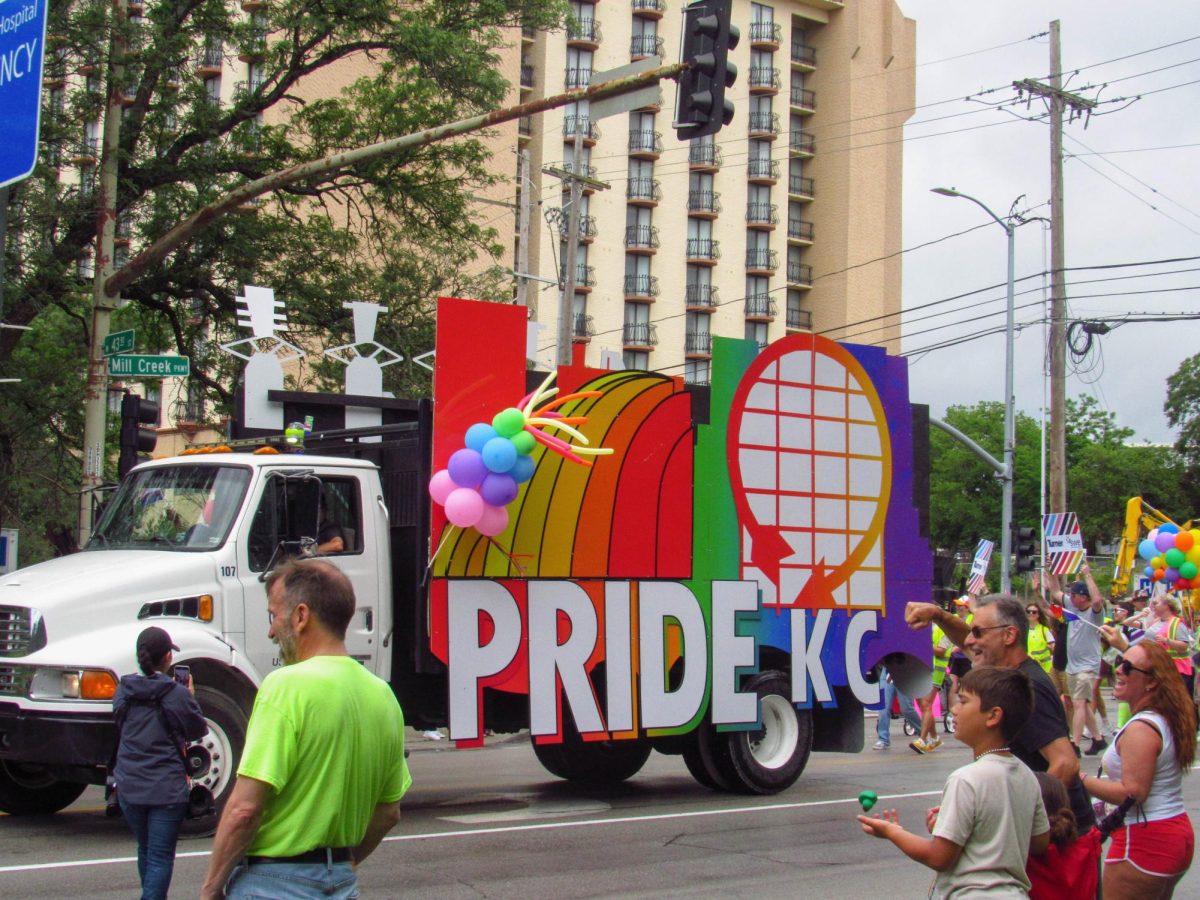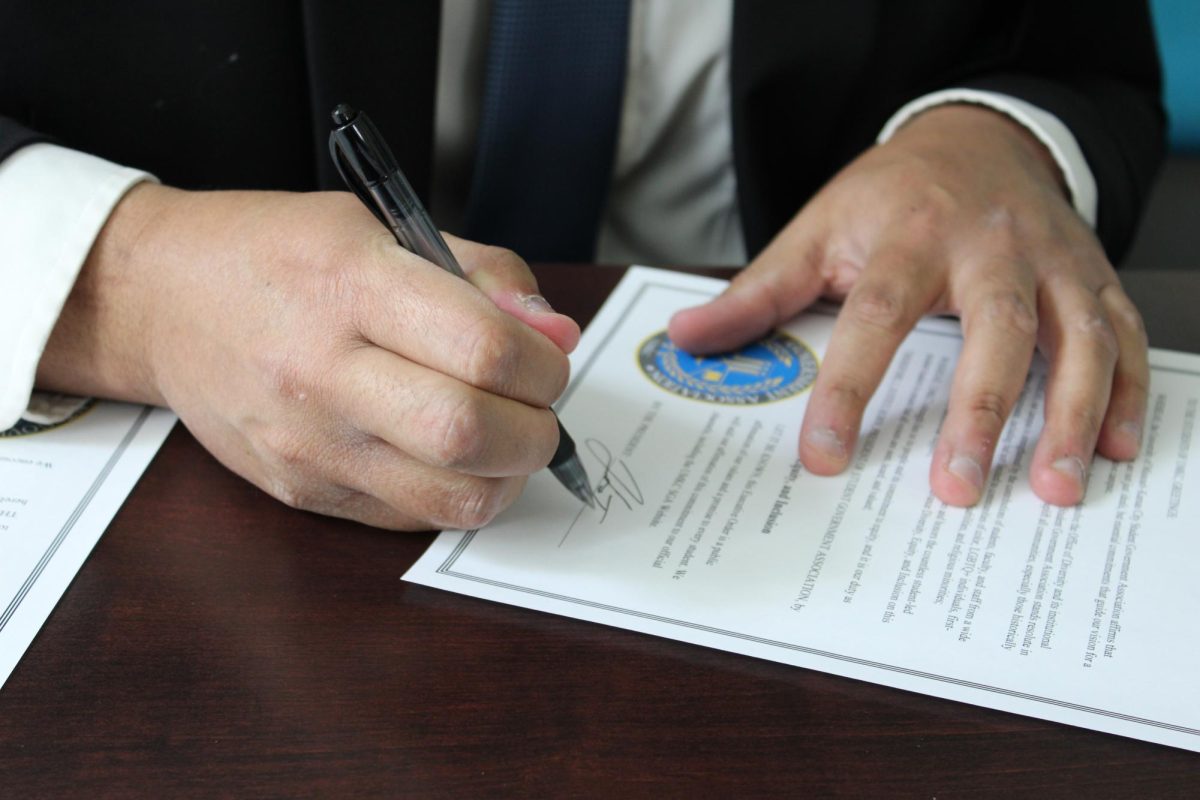UMKC student helps lead Starbucks union push
February 14, 2022
UMKC student and shift supervisor Addy Wright is a leader in the movement to unionize the Country Club Plaza Starbucks.
In a letter sent to the Starbucks CEO on Feb. 7, Wright and fellow organizers cited unsafe working conditions as one of their main grievances. They also mentioned stalking, sexual harassment and a leak that caused a concussion to one employee.
“Why would we willingly work in an environment that’s both unsafe because of our customers and unsafe because of our crumbling store?” Wright asked. “We just want more say in our own personal security in the store.”
According to Wright, the risks aren’t worth being paid a couple of dollars above minimum wage.
Wright was inspired to help her branch organize after she saw Sen. Bernie Sanders support the unionization efforts of Buffalo area Starbucks employees in early December.
“I heard them talk about their reasons, and I realized that sounds a lot like things we deal with at our store,” Wright said.
Since three Buffalo locations released plans to unionize last year, around 54 others have followed suit. Though this represents a small portion of nearly 9,000 company-operated Starbucks in the U.S., some experts expect this figure to grow.
“I posted our letter on social media and I got a lot of people messaging me saying they supported us,” Wright said. “I’ve been messaged from baristas from other Starbucks locations asking for my help and advice on how they can do this to their store.”
The push for unionization comes at a time when workers across the country are fighting for better pay and working conditions. Just last year, Kellogg’s employees were on strike for 11 weeks before reaching a new bargaining agreement with the company. In Alabama, an Amazon warehouse is currently set to vote on unionization for a second time after it was found that Amazon interfered in the first election.
Coffee shop employees joining the battle marks progress for labor movements in the U.S.
“Starbucks exists in the universe of restaurant workers, and restaurant workers are among the least unionized in the country,” Alina Selyukh, an NPR business correspondent, said in an interview with Up to Date. “Even if the numbers are small, this raises union awareness among regular Americans at a time when union membership is matching historic lows in the country.”
In response to the unionization efforts across the country, Starbucks has stalled votes to unionize for as long as possible and has tried to prevent other stores from organizing, according to Wright. She also said the corporation sent anti-union speakers into stores and told employees they can’t discuss plans to unionize while at work.
Wright said her strategy is to continue educating everyone on her team about the benefits of unionization while looking out for any anti-union activity from Starbucks.
Reportedly, a majority of the workers at the Plaza location have signed union authorization cards and must now wait to vote. Wright said she suspects Starbucks will postpone voting for the maximum legal limit, as the company has done with other stores.
Though Wright doesn’t plan on staying with Starbucks after graduating, she is passionate about making conditions better for her fellow and future employees. She said she wants to inspire workers in the food and restaurant industry.
“There is a whole labor movement happening right now in Kansas City, which has historically not seen labor movements or workers’ rights movements for people that are outside of skilled trades or crafts jobs,” Wright said. “This goes a lot further than just a job in a coffee shop.”
htbn87@umsystem.edu







![Alex Unseth [left] and Yasmen Hassen [right] speaking at the dinner.](https://kcroonews.com/wp-content/uploads/2025/04/SGA-1-1200x800.jpg)